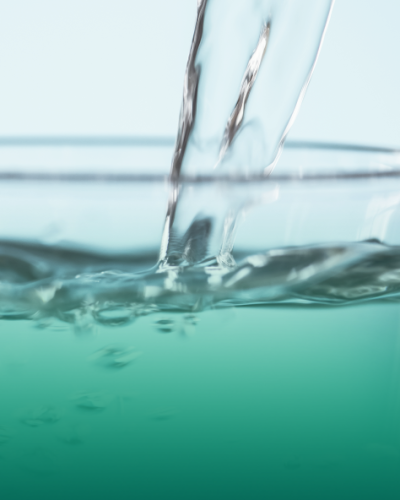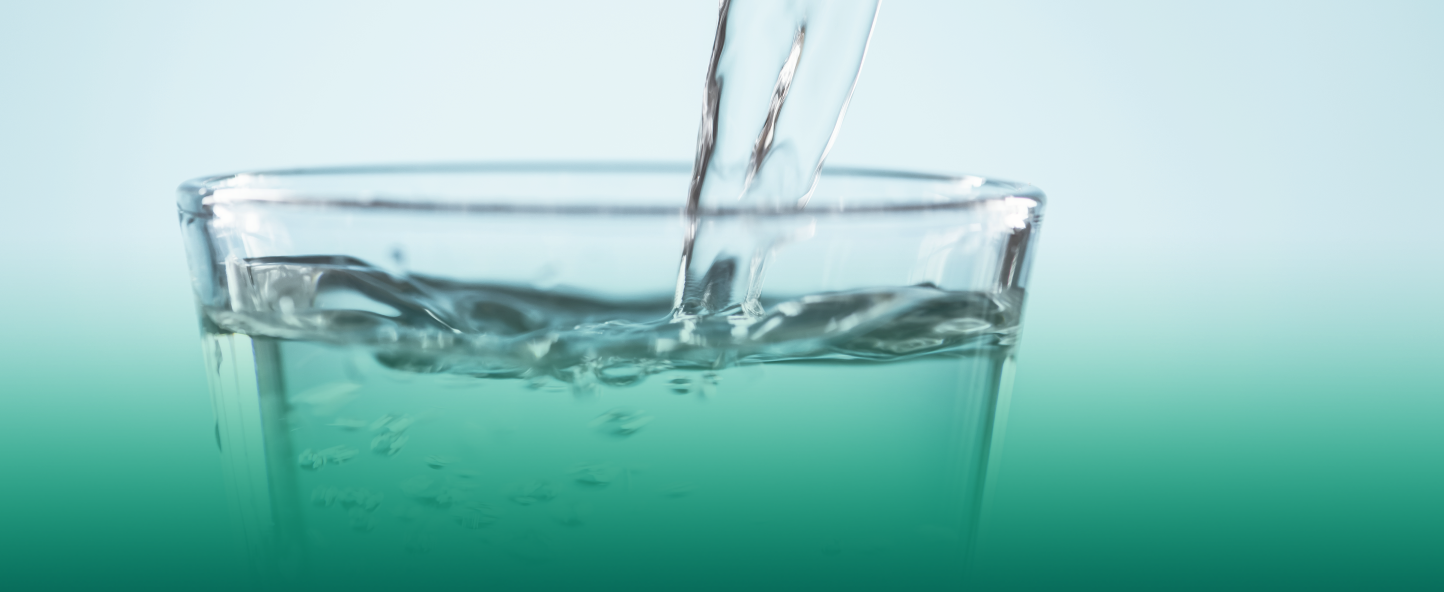Let’s dive deeper into the topic of mineral water and understand what’s behind the common myths.
Myth: Mineral water is harmful to teeth and joints
Mineral water is rich in salts, trace elements and other useful components. When mineralization is over 250 mg/l, it is considered mineral, and when the level is above 1500 mg/l, it is considered medicinal. In fact, there is no evidence that mineral water is harmful to teeth and joints. The carbon dioxide that may be present in this water can only affect tooth enamel if consumed in excess, which is practically unattainable. Consuming in reasonable quantities poses no threat to health.
Myth: Everyone can drink sparkling water
The popularity of sparkling water is largely due to marketing efforts. However, do not forget that the carbon dioxide contained in this drink can cause bloating and other discomforts, especially if consumed in excess. Also, carbonated water can have a negative effect on the stomach in various diseases. Therefore, its use should be limited.
An interesting relationship, confirmed by researchers, is that simple carbonated water helps you lose weight – such water is undoubtedly healthier than chemical lemonades, but has the same pleasant effervescence that people get used to.
Soda is contraindicated for stomach ulcers, gastritis, and water with a high content of radon or hydrogen sulfide will not be useful for tuberculosis, diseases of the genitourinary system, oncology and other diseases. If you experience discomfort after drinking soda, you should tell your doctor and limit your use.
Myth: Mineral and sparkling water are equally healthy
Carbonated drinks, unlike regular water, contain carbon dioxide, which gives them their distinct taste and texture. This gas affects not only the saturation of water with bubbles, but also its acidity. Mineral water, in turn, is a natural source of nutrients and minerals. In Russia, many people prefer to drink boiled water, since tap water may not be clean or safe enough. However, in many countries around the world the quality of tap water is so high that there is no need to boil it. In Europe, clean drinking water is most often found in the north – Norway, Iceland, Sweden, Greenland and Denmark. In the US, the best water is usually in Hamilton, Ohio. In Asia, quality water is found in Singapore, and in Latin America – from Colombia. Bottled water with mineralization can be beneficial, but its health properties and taste do not always match natural mineral water.
Conclusion
The choice between mineral and sparkling water depends on your individual preferences and body needs. It is important to use them consciously, taking into account your health and the recommendations of specialists.






